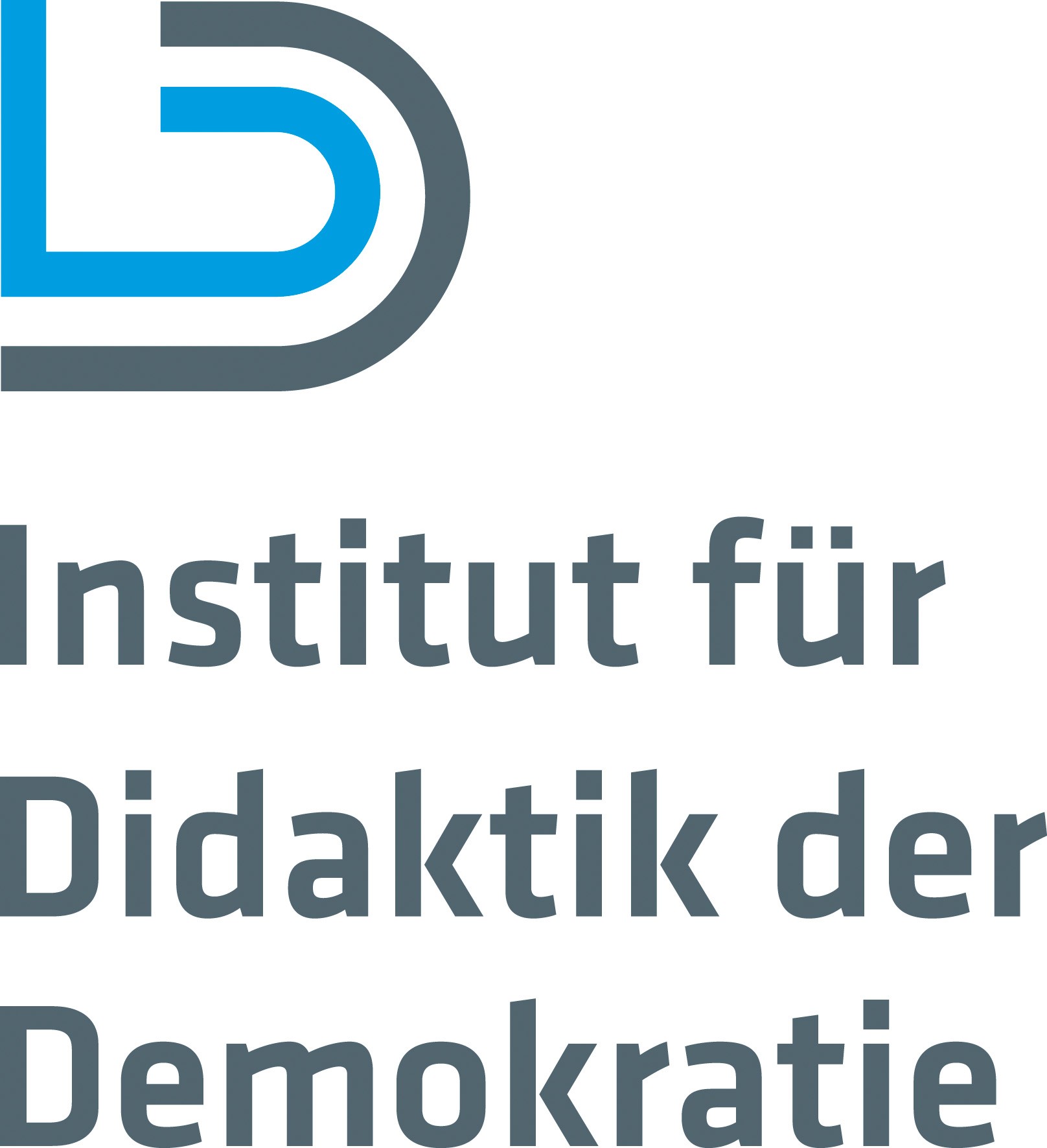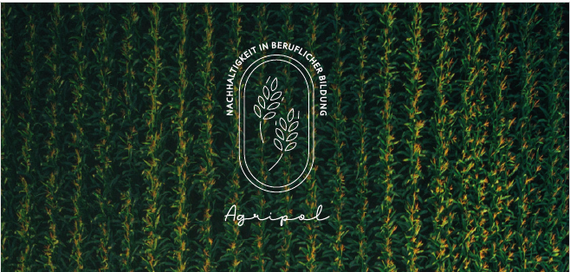
The Erasmus+ funded project Agricultural Policy and Sustainability in Vocational Education (AGRIPOL) aims at implementing the UN Sustainable Development Goals in vocational schools. With the conception of a blended learning training, the project makes a contribution to addressing topics such as sustainability and agricultural policy as a subject of instruction. The cooperation between organizations from the four EU countries Germany, Austria, Poland and Bulgaria opens up different perspectives on the effects of the newly adopted Common Agricultural Policy (CAP) in 2021, which are elaborated in suitable teaching material. This, together with the films and video clips created in the project, is freely available for use in the classroom and will be disseminated to teachers throughout the European Union.



This project has been funded with support from the European Commission. This communication reflects the views only of the author, and the Commission cannot be held responsible for any use which may be made of the information contained therein. Submission Number: 2020-1-DE02-KA202-007483.



The Agripol project and all its results are licensed under CC BY-SA 4.0.
For more information visit https://creativecommons.org/licenses/by-sa/4.0
Project Manager


30167 Hannover


Project Lead
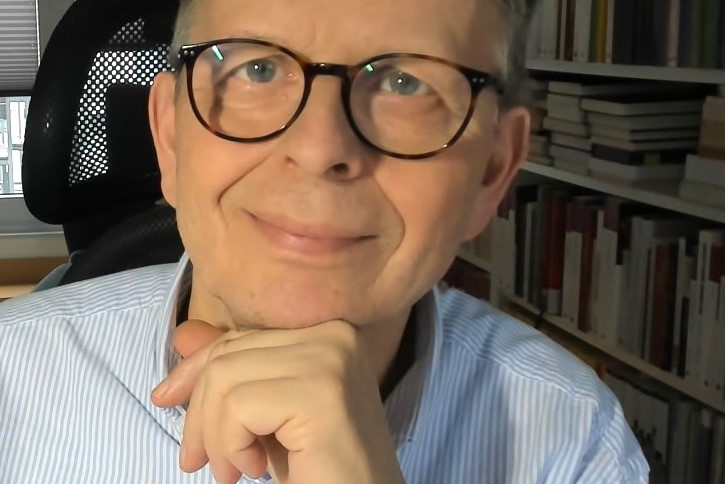
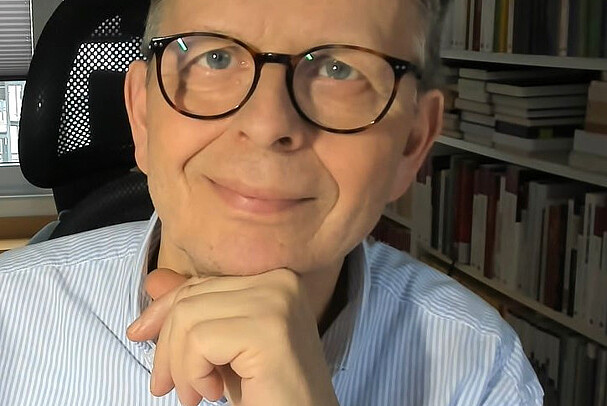
30167 Hannover


Project


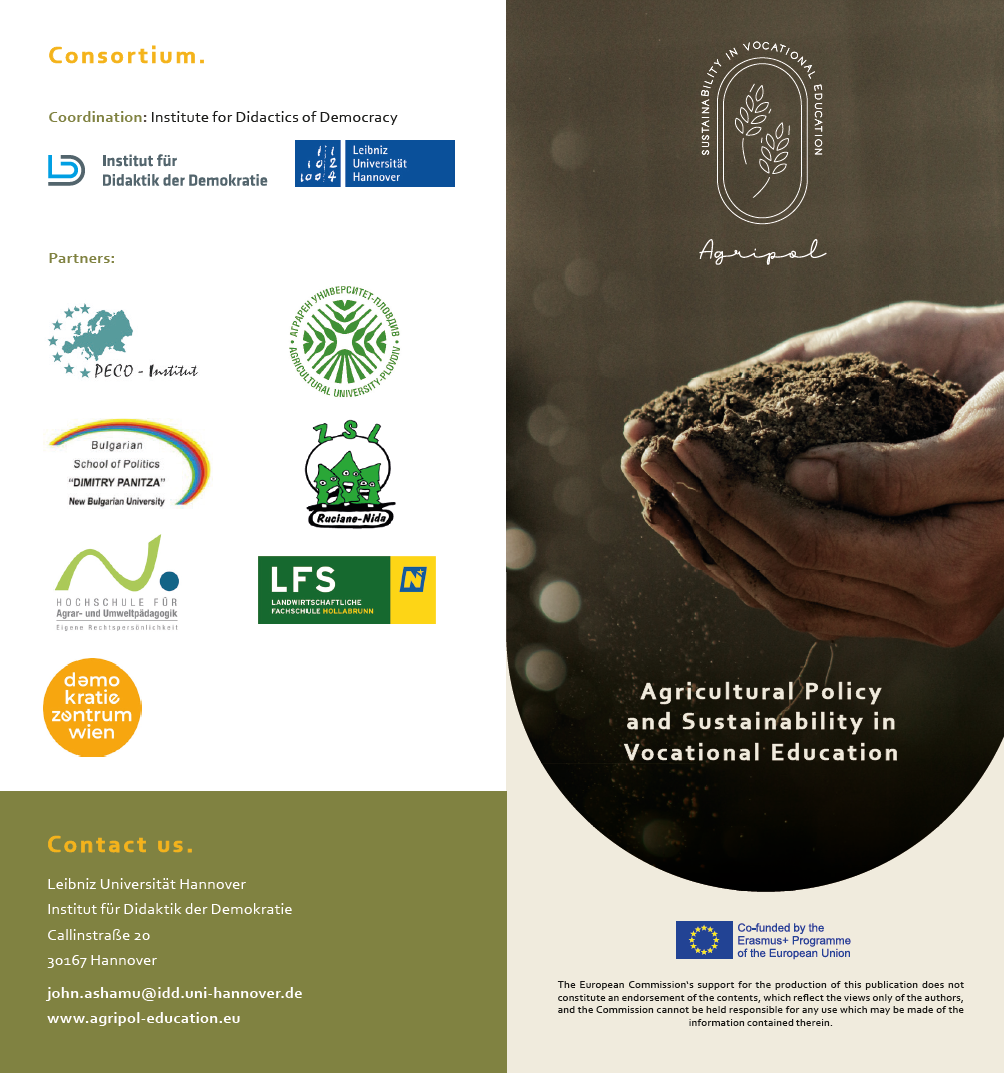


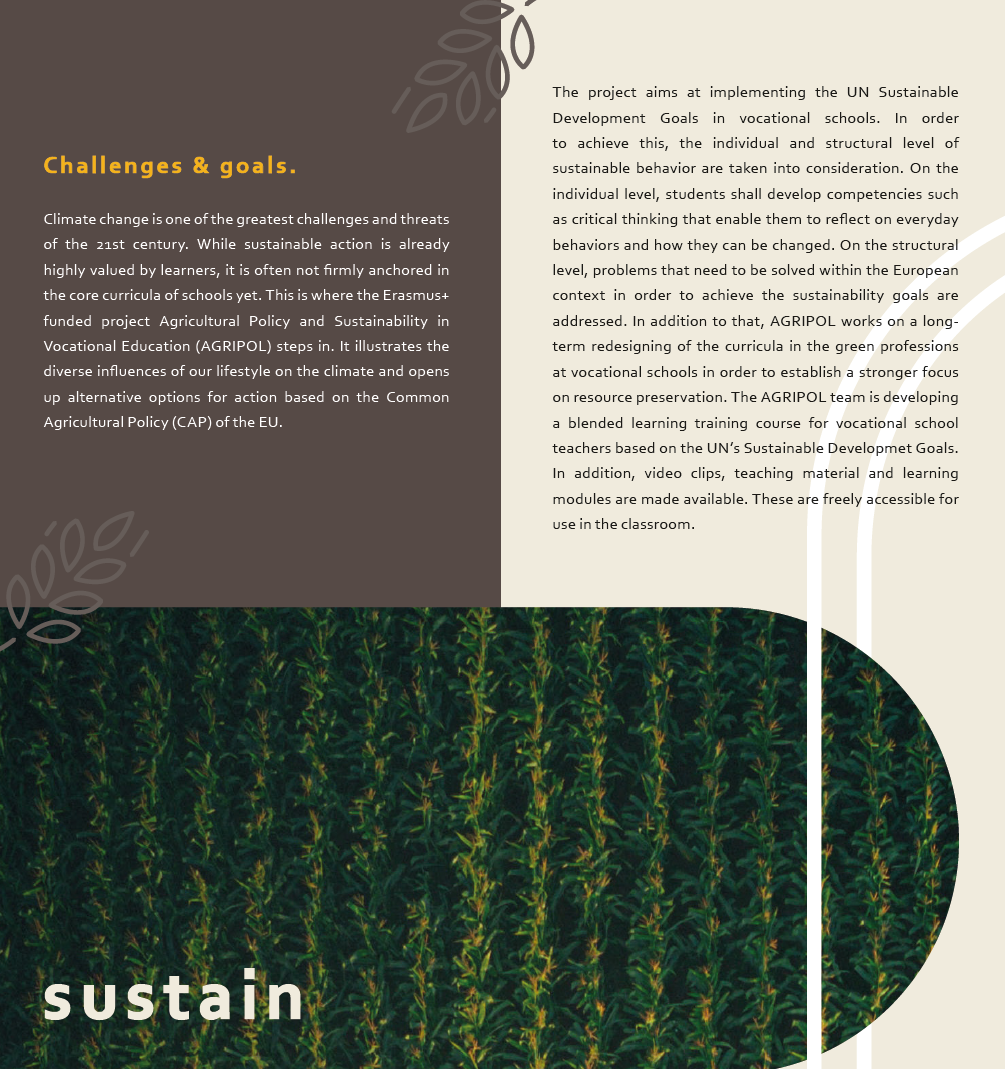
Climate change is one of the greatest challenges and threats of the 21st century. A considerable share of climate-damaging greenhouse gas emissions and deforestation is caused by livestock farming (ESPAS report 2019: 9). While sustainable action is already highly valued by learners, it is often not firmly anchored in the core curricula of schools yet. This is where the Erasmus+ funded project Agricultural Policy and Sustainability in Vocational Education (AGRIPOL) steps in. In order to illustrate the diverse influences of our lifestyle on the climate and to open up alternative options for action, the AGRIPOL team is developing a blended learning training course for vocational school teachers based on the UN's Sustainable Development Goals. In addition, video clips, teaching material and learning modules are made available. These are freely accessible and can be used in the classroom.
With the topics of agricultural policy and sustainability, the project targets both the individual behavioral level and the structural level. Taking into account didactic principles such as problem and lifeworld orientation, it deals specifically with the effects of the Common EU Agricultural Policy (CAP). This will be newly decided in 2021 and serves as an object of investigation for learners to understand the background of political decisions, to critically evaluate their effects and to recognize the value of sustainability.
Therefore, core objectives of the project are:
- Improvement of competence, critical thinking in vocational students
- Training teachers and vocational students to become 'factors of change'
- Addressing problems on a structural level that need to be solved within the European context in order to achieve the sustainability goals
- Redesigning the curricula in the green professions at vocational schools with a stronger focus on resource preservation
In the design of the blended learning training, special emphasis is placed on European cooperation. The team consists of experts from four European countries who will ensure the dissemination and implementation of the project results within the European Union.
The primary target group of the project are vocational school teachers who will pass on their newly acquired knowledge to students and institutions. In addition, the project aims to reach vocational students and decision-makers in educational authorities directly.
Below you find the project-flyer in all four project-languages to download:
The consortium will provide the following outputs:
1. Film & Handbook
Young people across Europe are increasingly paying attention to the agricultural policy of the EU. In this output, and against the backdrop of the Common Agricultural Policy (CAP), partners produce a short film and an accompanying handbook. The film (subtitled in German, Bulgarian, and Polish) highlights a rising trend to a more conscious eating habit among young people and their attempt to have a positive impact on the environment through nutrition. It also outlines some of the implications of the CAP on the environment and biodiversity, its pillars, critical stakeholders and interest groups as well as the decision-making effects of the CAP. The accompanying handbook will provide useful resources for teachers to use in their classroom lessons to help deepen knowledge from the content of the film.
2. Peer-to-peer Video Clips
This output shows how young people proactively become ‘factors of change’. Using a peer-to-peer approach, vocational school students in AGRIPOL partner schools (aged 15-20 years) create short video clips for other young people. With support from their teachers, they use their smartphones as equipment, and a free software to edit and create videos that are a ‘moving content’. The videos are to motivate other young people into a conscious eating habit that promotes the preservation of planet earth.
3. Module (face-to-face-event)
The development of this module makes up a part of the blended learning course. The module engages the phenomenon of “cognitive dissonance” in the context of education for sustainable development. Its learning objective is to identify how to bring about long lasting changes to previously existing (eating) habit.
4. Online course
The output is an open e-learning course that represents the online phase of the blended learning course. It incorporates three steps – reading, intensifying, and application. The course is divided into a number of learning steps. Participants are provided with reading materials in each sequence and will have the option to solve tasks to deepen their knowledge on subjects that among others touch on the decision making processes of the CAP, effects on ecosystems, as well as climate protection and ecology in agriculture. A test can be taken at the end of each learning step to ascertain one‘s knowledge. A final multiple choice test is taken once all learning steps have been completed.
5. Blended Learning Course and Curriculum
The output will create a curriculum for the blended learning course (BLC) which will be freely available for use. The curriculum provides a didactical and methodological guide for the BLC. In addition to the developed module in Output 3, other materials prepared in the course of the project are used substantially. At the core of the BLC is to train and improve the political maturity of citizens by honing their critical decision-making skills and spurring political action.
6. Teaching Module
It is generally known that teachers appreciate any opportunity to receive teaching and learning materials which can be immediately put to use. This output develops materials and teaching units for an immediate use by teachers and are available in four languages.
Results
Intellectual Output 1
Shortfilm
The film (subtitled in German, Bulgarian, and Polish) highlights a rising trend to a more conscious eating habit among young people and their attempt to have a positive impact on the environment through nutrition. It also outlines some of the implications of the CAP on the environment and biodiversity, its pillars, critical stakeholders and interest groups as well as the decision-making effects of the CAP.
Below you find the trailer for the film in all four languages of the project as well as links to download the full film subtitled in your language.
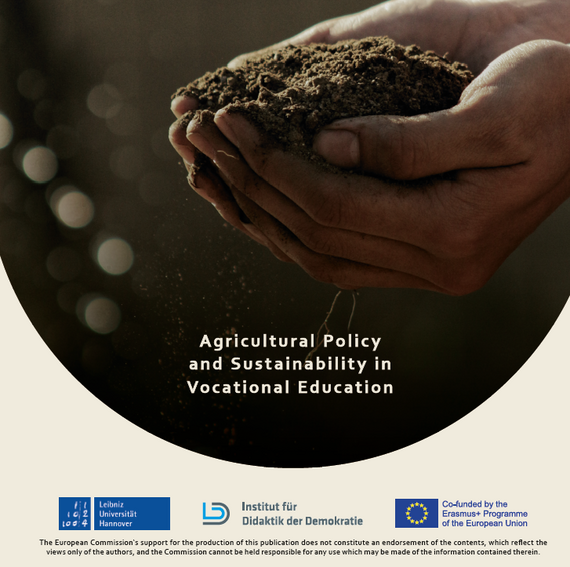
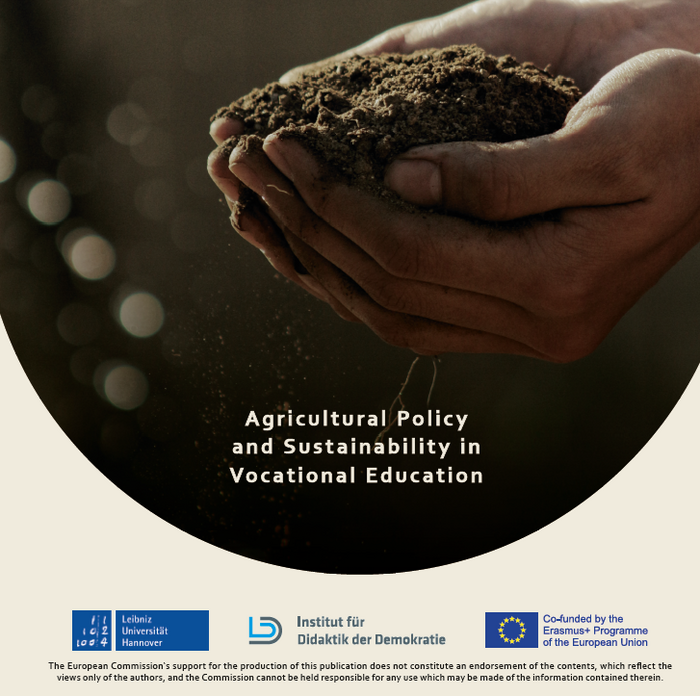
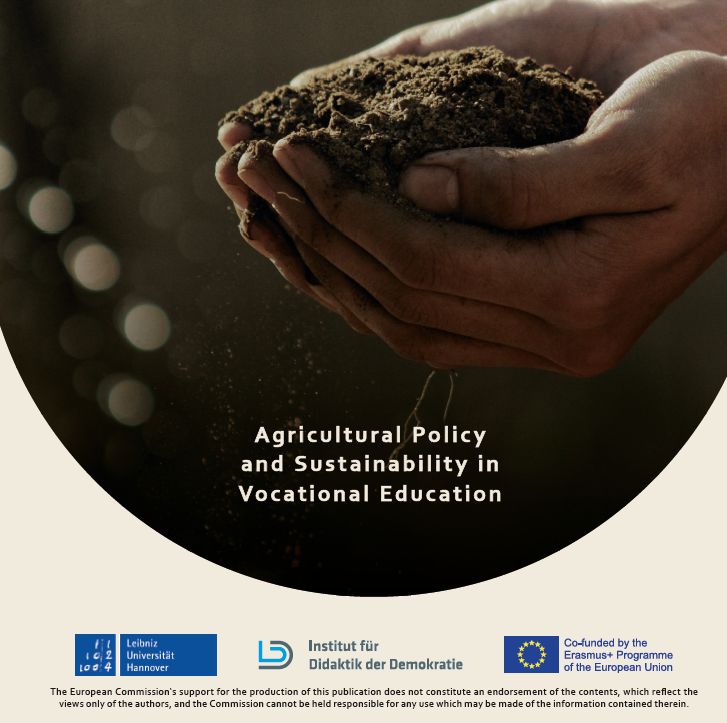
Handbook
This handbook deepens the content of the film on CAP that has been produced. It is prepared to be an additional source of reference for vocational schoolteachers, educators, instructors, and trainers. Furthermore, it is to provide a broader context on the link between food consumption, its impact on the environment, and the EU's Common Agricultural Policy (CAP). The materials provided herein offer a hands-on information pool highlighting topics which include sustainability, the history of the CAP, the two pillars of the CAP, the central stakeholders in the CAP, and sustainable nutrition. This resource material is available in English, German, Bulgarian, Polish and can be downloaded and used for free.
Download the Agripol-handbook in your language:
Intellectual Output 2
Peer-to-peer Video Clips
Please note that activating the video will result in the transfer of data to the respective provider. Further information can be found in our privacy policy.
Play video
These video clips show how young people proactively become "agents of change". Using a peer-to-peer approach, vocational students in AGRIPOL partner schools (aged 15-20) created short video clips for other young people. With the support of their teachers, they use their smartphones and free software to edit and create videos. The videos are intended to motivate others to adopt a conscious eating habit that promotes the preservation of planet Earth.
Intellectual Output 3
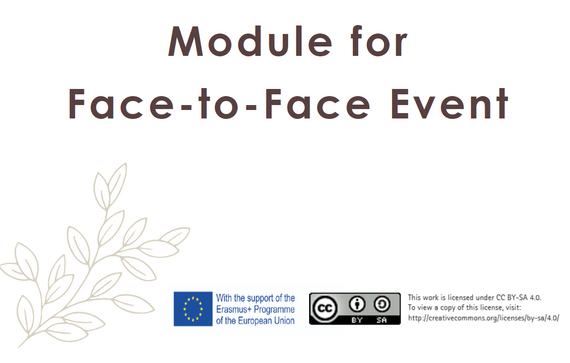
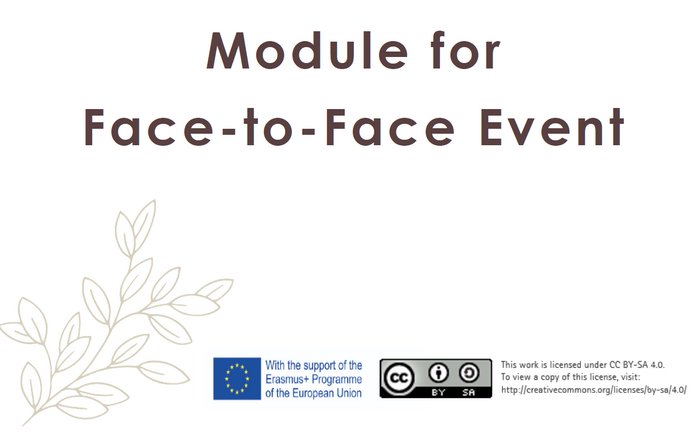

Module for face-to-face-event
This Module engages the phenomenon of cognitive dissonance and forms a part of the AGRIPOL project’s blended learning course. It provides practical ways teachers and trainers can address this phenomenon in a student-centered way within the context of education for sustainable development.
Intellectual Output 4
E-Learning Course
The open e-learning course, which is the online phase of the integrated learning course, includes three steps - Read, Intensify and Apply. The course is divided into a series of learning steps. In each sequence, participants receive reading material and have the opportunity to complete assignments to deepen their knowledge on topics that touch on CAP decision-making processes, ecosystem impacts, and climate change mitigation and ecology in agriculture, among others. At the end of each learning step, students can take a test to find out their own level of knowledge. A final multiple-choice test is administered once all learning steps have been completed.
Intellectual Output 5
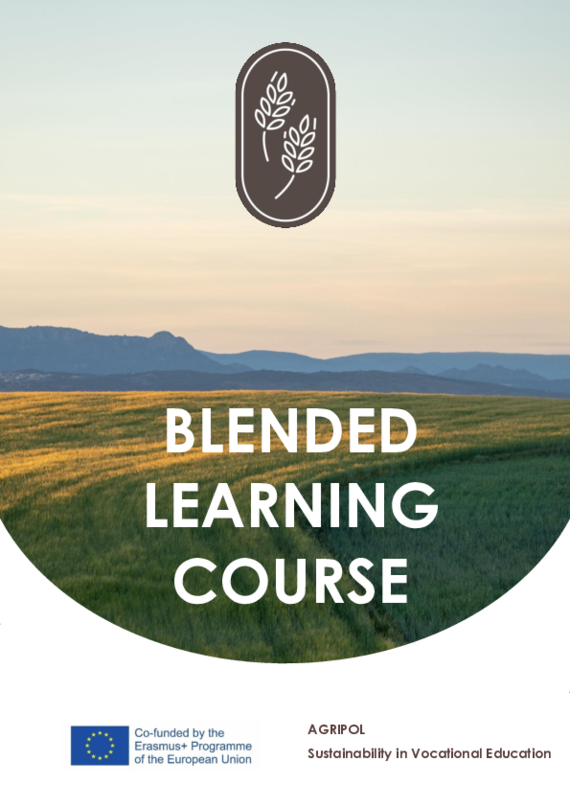
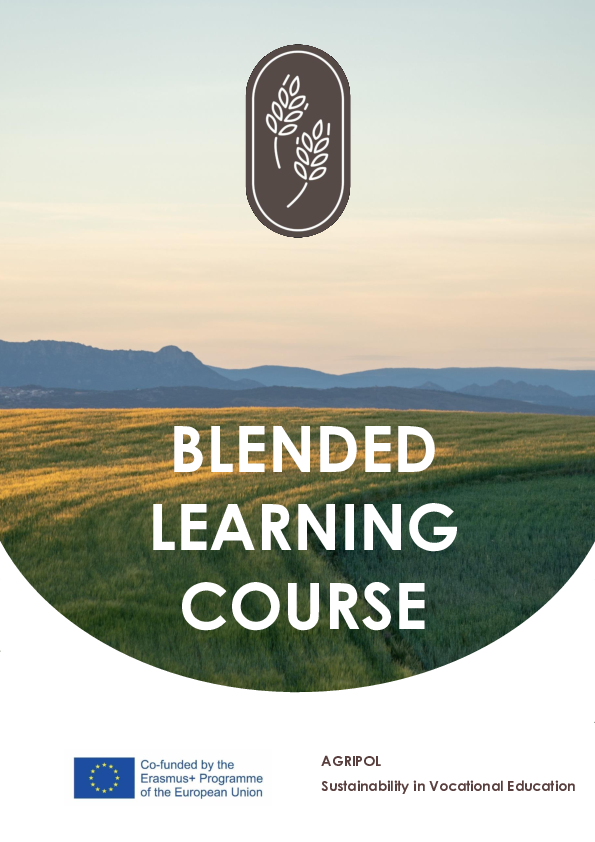
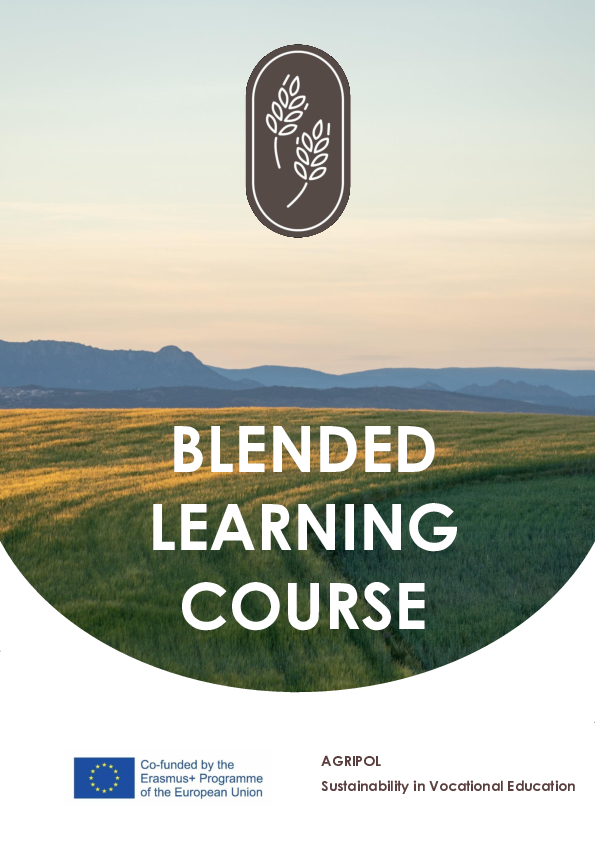
Blended-Learning course
The document of the blended learning course provides vocational school teachers with a guide for the implementation of a blended learning course. This course consists of face-to-face activities and the use of the e-learning course.
Intellectual Output 6
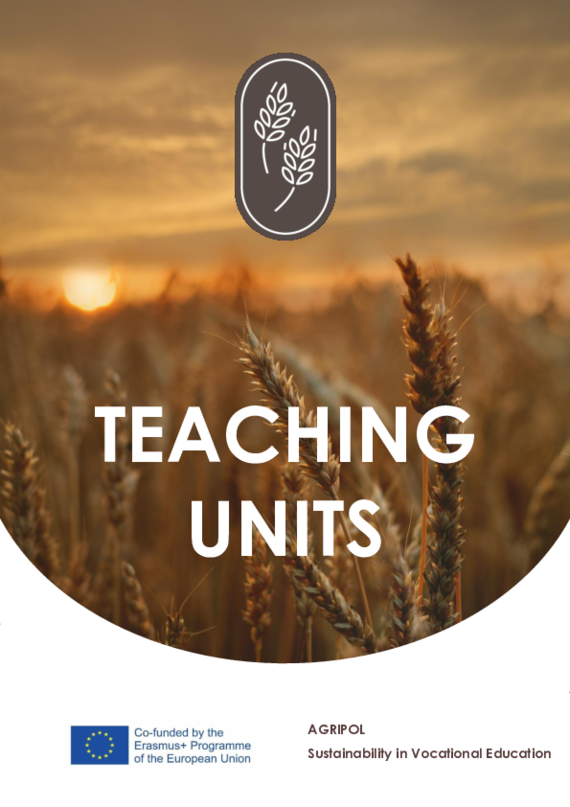
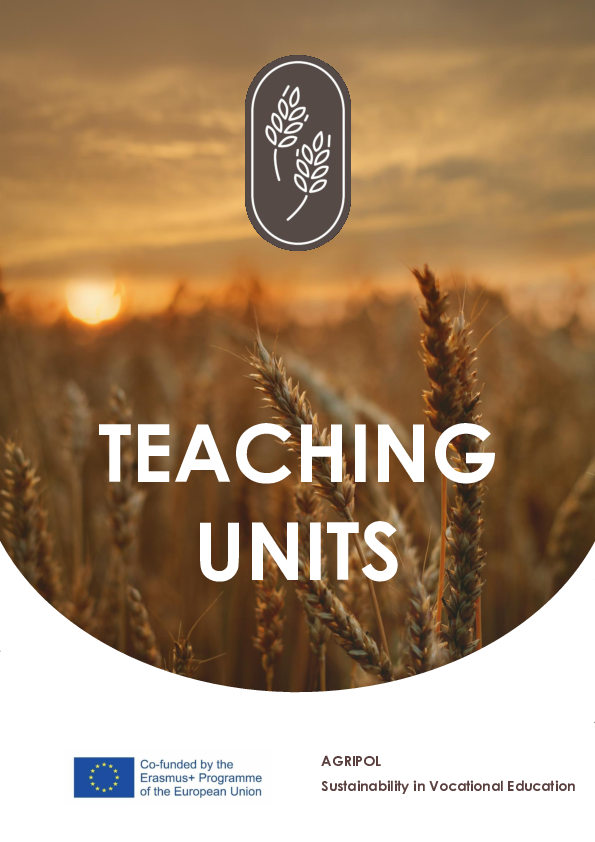
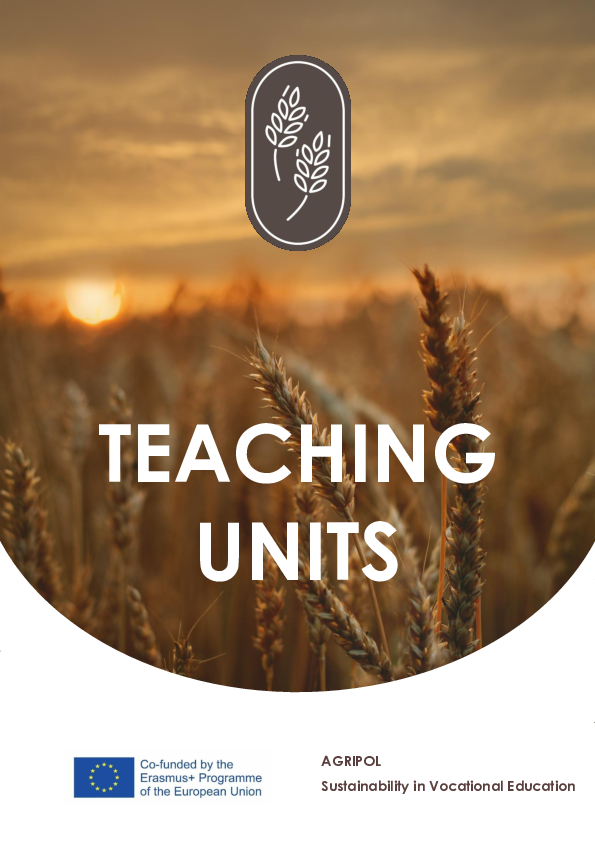
Teaching Module
The teaching units comprise curricula and practical teaching material for teachers at vocational schools. They cover the topics "Sustainability in Agriculture", "Consumer Behavior", "Animal Welfare and Protection", "Plant Protection", and "Sustainability in CAP".
News & Events
4th transnational meeting
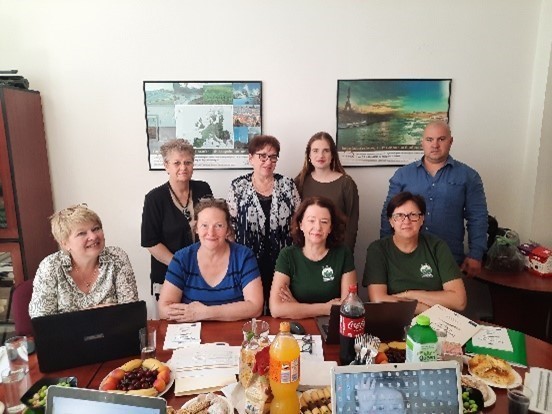


The fourth AGRIPOL transnational meeting was held in Sofia, Bulgaria on the 20th and 21st of June 2022. This marked the second successive in person meeting of the project consortium since the lifting of travel restrictions due to Covid. Partners who could not travel where able to participate digitally. The consortium assessed the progress of the project and highlighted achieved milestones. Project partners provided an update on output tasks currently in progress. The planning of a blended learning course was further discussed and specific details reviewed. Furthermore, administrative issues were clarified and key decisions reached.
3rd transnational meeting
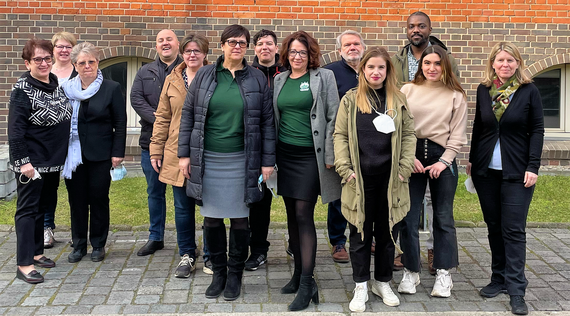
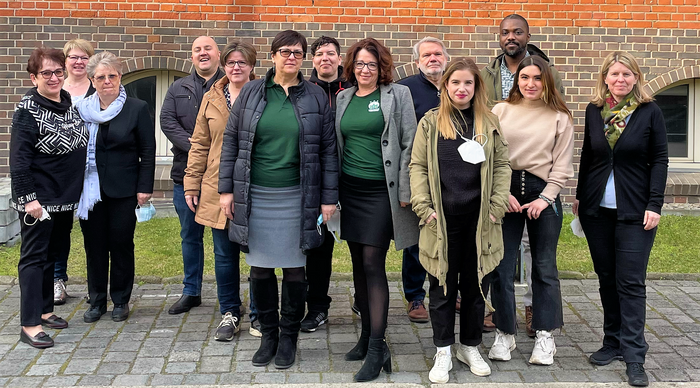
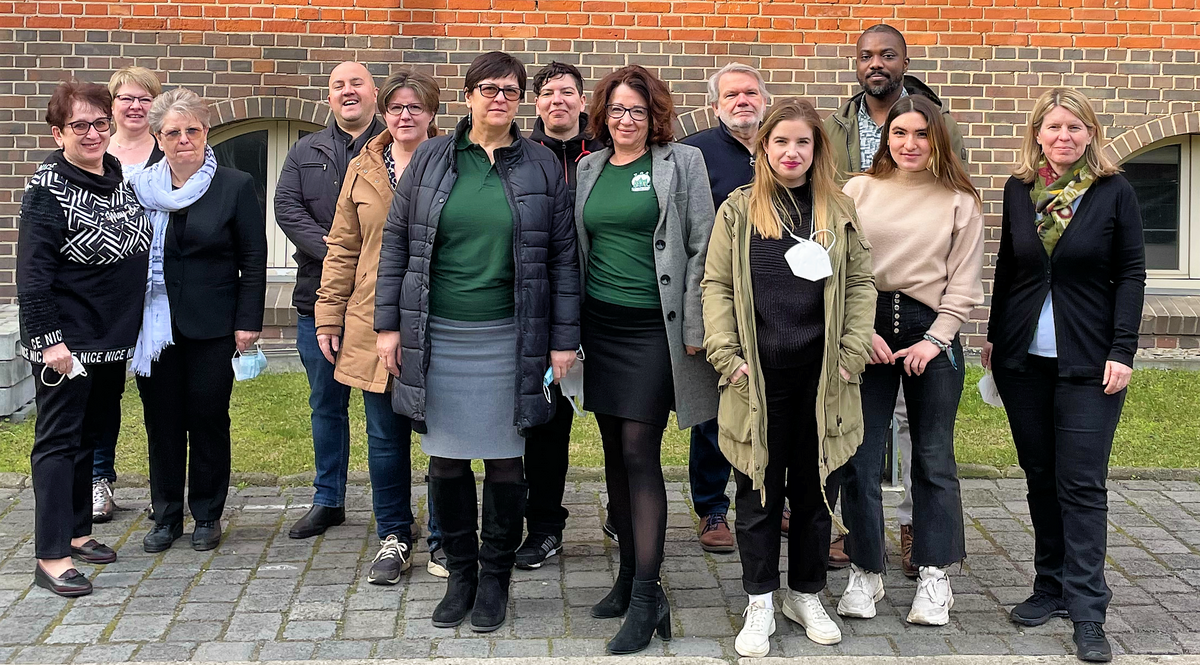
The third transnational meeting was held on the 2nd and 3rd of March 2022. After having to hold previous transnational meetings virtually due to Covid restrictions, the AGRIPOL project consortium was finally able to meet for the first time in person. The meeting was held in Berlin, Germany and all partner organizations were present. The meeting provided the consortium the opportunity to, among other things, assess the progress of the project, review the work done on different outputs currently in progress, discuss plans for the blended learning course for teachers, as well as relevant management issues. The fourth meeting will hold in June 2022.
2nd transnational meeting
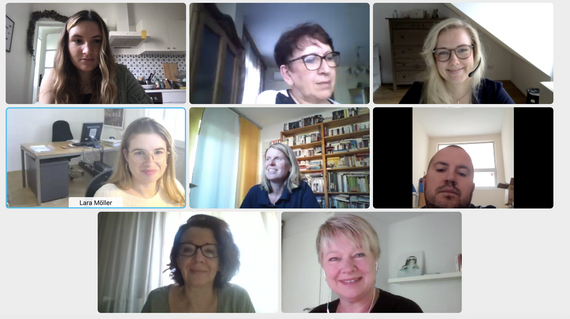
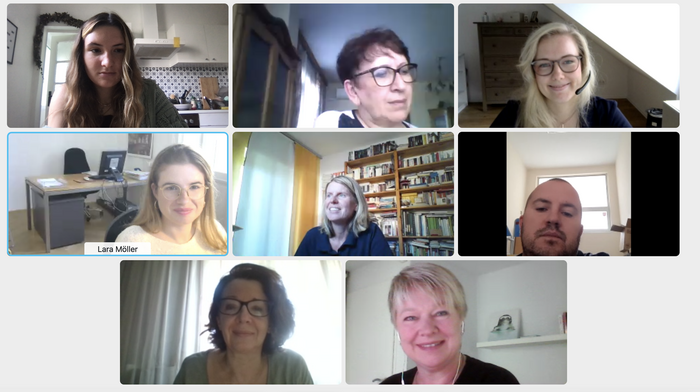
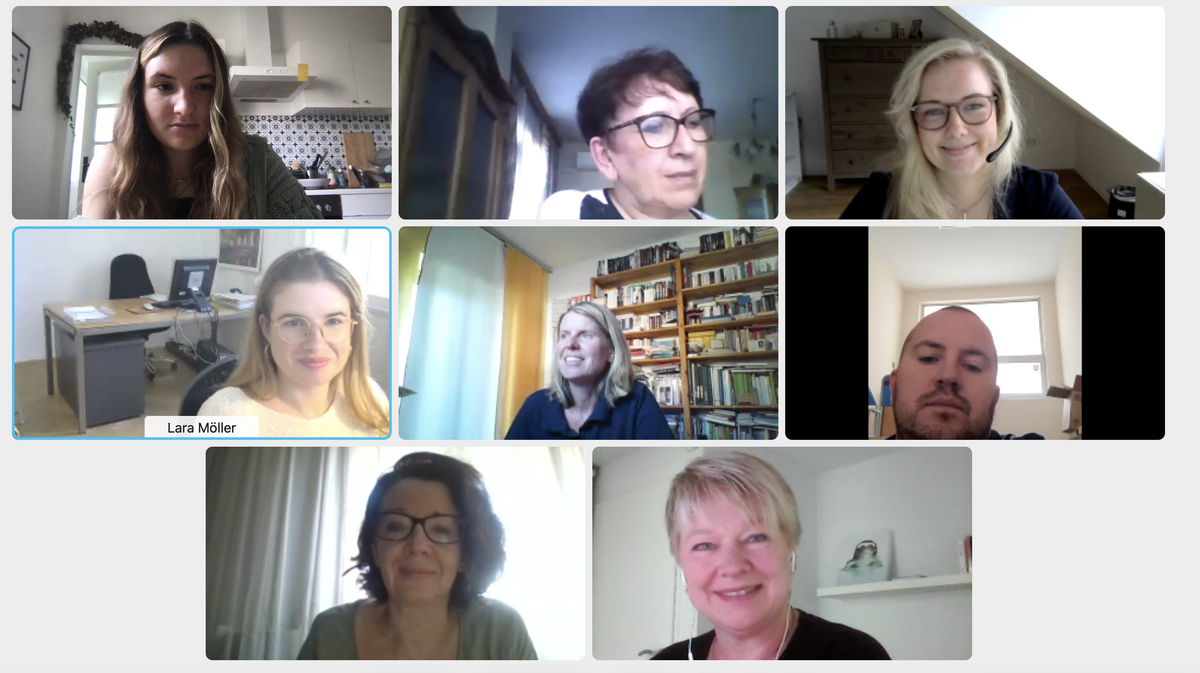
On September 10th our second transnational meeting took place. We
discussed the developments of the project and continued to work on the
outputs. Certainly the highlight was the first part of the film that
could be shown.
Unfortunately, the project meeting still had to take place digitally.
However, we are optimistic that we will finally all be able to meet in
person in Vienna in the spring of 2022.
About Us
Institute for the Didactics of Democracy Hanover, Germany



The Institute for the Didactics of Democracy was founded at the end of 2013 and established as part of the Faculty of Philosophy at Leibniz Universität Hannover. The Institute has set itself the goal of bundling and profiling research and transfer activities in the fields of political and democracy education, history and remembrance culture as well as the social challenges of civil society in the 21st century.
In terms of content, the Institute has set itself five main topics, each of which refers to the central challenges for democracy: Civic Awareness and Participation; Diversity and Inclusion; Right-Wing Extremism and Democracy; National Socialism and the Experience of Dictatorship; Europeanisation and Globalisation.
The overall aim is to enable both young people and adults to acquire key skills and competences necessary for active citizenship and participation at all levels of social and political life. The research group offers a wide range of teacher training and introductory seminars covering all aspects of civic education in teaching and learning. The in-service trainings are offered at university level as well as at national and European level.
Contact Person: John O. Ashamu (john.ashamu@idd.uni-hannover.de)
Website: https://www.idd.uni-hannover.de/
PECO Institute for Sustainable Regional Development, Germany
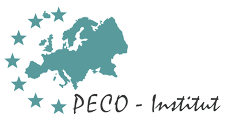


PECO is committed to sustainable education and carries out projects, seminars and events on the topics of sustainable development, democracy and tolerance, labour development and rural areas at national and European level. As an institution close to the trade unions, PECO attaches particular importance to the social dimension of sustainability. In addition to the ecological and economic dimension, sustainability can only work if the social dimension is also given equal consideration. It concerns, for example, occupational health and safety. PECO wants to strengthen the design and action competence of employees in construction, agriculture and building cleaning. A comprehensive understanding of sustainable education is to be developed between teachers and learners in the sectors. The participants are thereby enabled to develop interdependencies and to develop an awareness of their own scope for action, responsibility and participation. An educational offer adapted to the respective target group, the opening of different learning places and an open learning atmosphere are central elements to inspire the learners for our topics. The motivation for lifelong learning is a special concern of PECO.
Contact Person: Sylvana Hanisch (sylvana.hanisch@peco-ev.de)
Website: https://www.peco-ev.de/
Agraren Universitet Plovdiv, Bulgaria
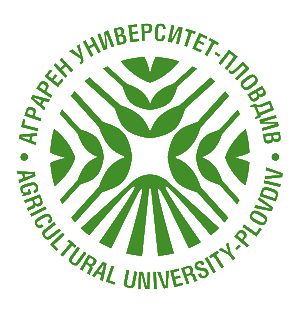


Agricultural University - Plovdiv is the only state-funded university in Bulgaria. Established in 1945, it has strengthened its position as a national centre of agricultural science and education in Bulgaria. It offers 13 undergraduate, 36 Master and 26 PhD programs. The University provides high quality education that guarantees the student knowledge, entrepreneurial skills and self-confidence for successful realization on the Bulgarian, European and international labour market. In 2006 the National Evaluation and Accreditation Agency awarded the Agricultural University – Plovdiv with an institutional accreditation and the highest grade of “Very Good”. Bulgarian students as well as foreigners are enrolled both as full-time and part-time students in the three academic and educational degree courses.
Contact Person: Tonya Georgieva (tonia@au-plovdiv.bg)
Website: www.au-plovdiv.bg
Association of Bulgarian School of Politics Dimitry Panitza, Bulgaria
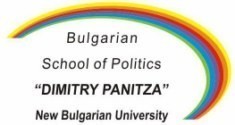


Bulgarian School of Politics “Dimitry Panitza” (BSoP) has established itself as a leading organization for democracy strengthening during times of transition in the countries from the post-Soviet Union, the Balkans and North Africa. In pursuing its mission to create a community of political and civic leaders based on the values of pluralism, tolerance, human rights and informed debate, the BSoP has become a vehicle for transfer of expertise in the fields of leadership training of political, civic, business, media and professional leaders and institutional capacity building of organizations that run similar training programs. The BSoP is actively involved with work on climate change, energy policy and the challenges they pose. The School is guided by the idea that the implementation of sustainable low carbon growth in the economies of Bulgaria, Europe and the world is one of the biggest challenges that humans face today.
Contact Person: Alexander Ilchev (ailchev@schoolofpolitics.org)
Website: www.schoolofpolitics.org
Zespół Szkół Leśnych, Poland
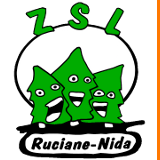


The Forestry School in Ruciane-Nida (ZSL) was established in 1973. From 01/09/2017, we formally operate as an industry center for vocational and continuing education under the name of the Forestry School Complex. Teaching directions are forest technician, landscape architecture technician, IT technician, tourist service technician, forest machinery operator, gardener. We are a supra-regional school. We educate youth from the Warmian-Masurian, Podlasie and Mazovian provinces. We have a good didactic base. We have specialist workshops for professional subjects: forest protection, forest use, forest management, forest breeding, forestry and forest biology as well as well-equipped general education laboratories. We have three computer labs, a multimedia studio, and a gym. We have a school driving courses in the T category (tractor) with full equipment and instructor staff. Most studios are equipped with modern audiovisual equipment. The construction and equipment of modern school workshops ended two years ago year. The didactic basis favors the use of modern teaching techniques and an efficient teaching and learning process. Interested students take part in literary, mathematical, sports competitions (orienteering, shooting, archery, volleyball, chess), ecological competitions related to forest and hunting knowledge - which significantly contributes to the development of their interests and passions. Currently, our team consists of technical school (9 branches - 223 students), dormitory (over 80% of students). The students are 14-20 aged. We have been conducting professional qualification courses for adults for 3 years - Our teachers establish good contacts with students and their parents, and at the same time they are characterized by high educational effectiveness, helping their charges in solving typical and unusual problems for adolescence. They are able to use different methods of work, they also use modern technologies.
Contact Person: Dorota Sokolowska (dorota.sokolowska@osaet.pl)
Website: http://www.zsl.org.pl/
University College for Agrarian and Environmental Pedagogy, Austria
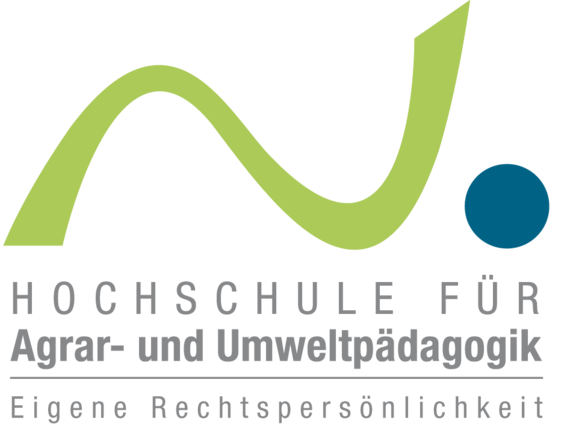
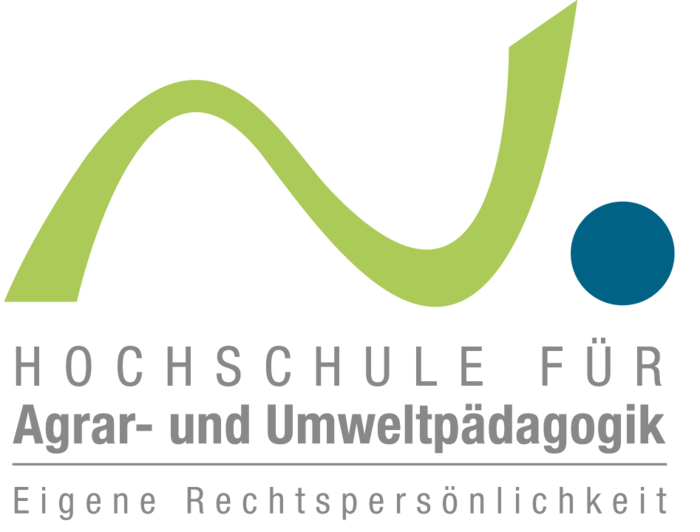
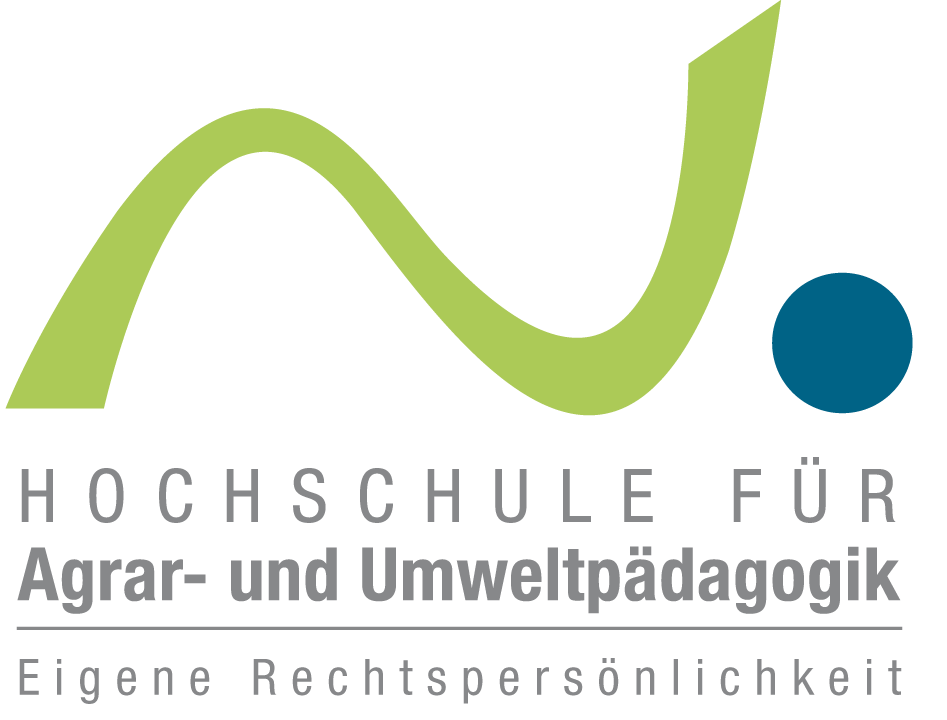
The University College for Agrarian and Environmental Pedagogy Vienna is the pedagogic center for the education of teachers and consultants in the professional fields of agriculture and forestry as well as environmental education. Both the rural and the urban Austrian economic area will be influenced more and more by structural, ecological and social change in the future. Well-trained people and the opportunity of further education in the development of new rural occupations are central elements of a sustainable development. It enables an occupational education based on scientific knowledge. Students acquire pedagogic, professional and personal key competences from the point of view of sustainability to face the occupational and social challenges.
Contact Person: Monika Winzheim (monika.winzheim@agrarumweltpaedagogik.ac.at)
Website: https://www.haup.ac.at/en/
Agricultural College Hollabrunn, Austria
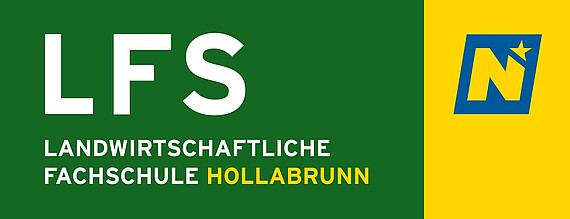

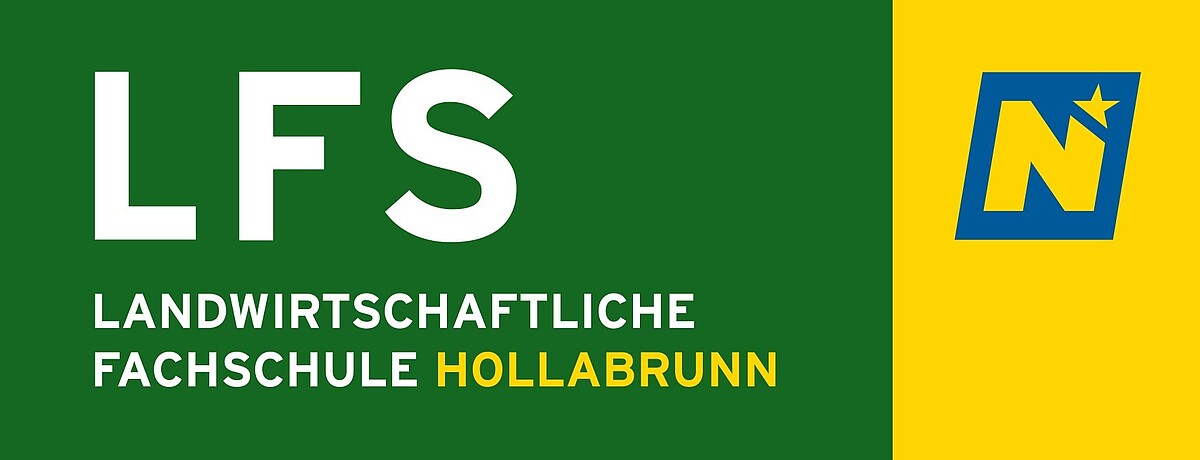
The school prepares specialists for practice in various fields of agriculture, of pet keeping and of home economics. Therefore, special subjects have been created, such as crop production, animal breeding, agricultural engineering, forestry, maintenance of aquariums and terrariums, veterinarian studies, ethology of pets, nutrition science, horticulture, service, cooking, child care, health training and herbal studies. In addition, the school enables the students to gain knowledge from various fields of social life (economics, education, business, etc.). There are Junior Companies installed at our school. To prepare the students for their future work, they attend in practical trainings on the areas of the school and in professional workplaces and companies. There is an obligatory work placement between the second and the third year.
Contact Person: Isabel Mang (isabel.mang@diefachschule.net)
Website: https://lfs-hollabrunn.ac.at
Demokratiezentrum Wien, Austria
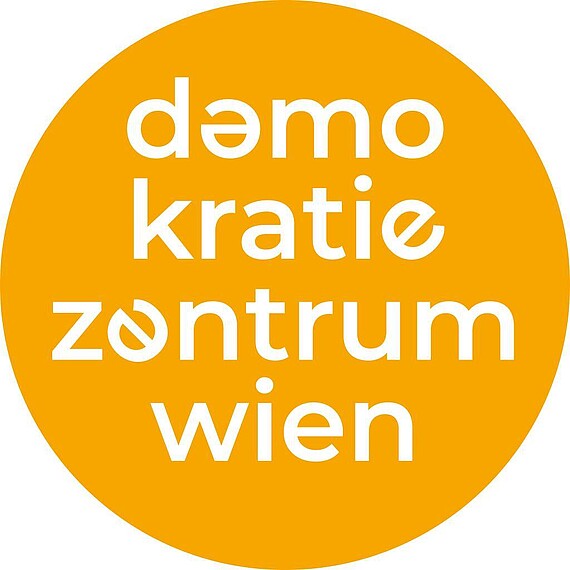

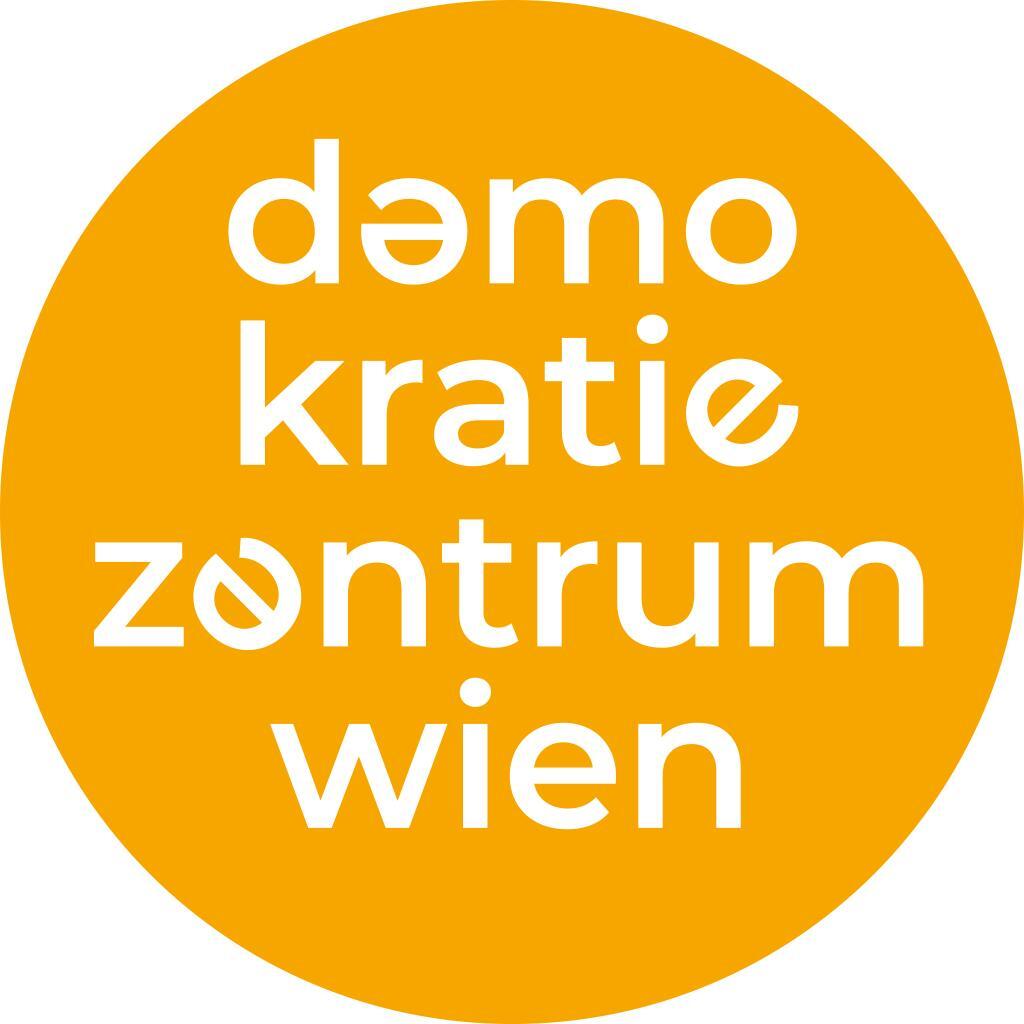
The Democracy Centre Vienna is an academic non-profit organization, strongly oriented to applying and conveying knowledge. It is an academic research institution and a virtual knowledge centre which deals with basic questions of political culture and of the political system of Austria in the European context. Democracy is an open and dynamic process and must always be renegotiated in social and political cooperation. As a continuous process of learning and shaping, democracy requires conscious and active shaping by citizens. This makes it the starting point and objective of the centre’s activities. It devotes itself to a broad spectrum of focal points, and the results of its work flow into diverse and freely accessible content. It is concerned with the processes of democratization and their historical development, with current sociopolitical debates, with the media society (emphasizing the competent use of media and the decoding of visual messages) as well as with IT-transformation and the knowledge society.
Contact Person: Arne Schrader (schrader@demokratiezentrum.org)
Website: http://www.demokratiezentrum.org
